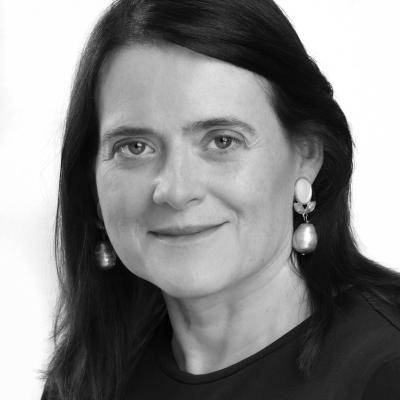The writer is director of Chatham House, a think-tank.
Of the two startling images that circled the globe last week, only one should prompt a foreign policy rethink for the UK and its allies. It is not the flaming wreckage of Yevgeny Prigozhin’s plane near Moscow. The dramatic death of the leader of the Wagner group, widely predicted since his attempted mutiny against Vladimir Putin in June, told us nothing new. This assumed demonstration of theatrical brutality only strengthens Ukraine’s resolve in the fight against Putin.
It is the police mugshot of Donald Trump that deserves more thought. Carefully posed (he chose to glower rather than smile under the combed sweep of his hair) and immediately circulated by his team as a symbol of his supposed martyrdom, it drove his poll ratings only higher. The image will dominate next year’s presidential campaign (in which he holds the overwhelming lead for the Republican nomination). US District Judge Tanya Chutkan on Monday set a start date of March 4 2024 for his federal criminal trial on charges of alleged election interference, one day before “Super Tuesday”, when Republican voters in more than a dozen states head to the polls to pick their nominee.
British foreign policy, like that in much of Europe and many democracies beyond, is based on the presumption that the US in some sense always remains the same. Its presidents, its policies, its wars of choice come and go. But America upholds the principle of international institutions even if it rails against some of them or funds them sporadically. It continues to pick up the giant’s share of the tab for Nato, above all.
Those assumptions are confounded if Donald Trump is elected again. His critics say that surely he would not win more support than in 2016, but President Joe Biden’s stumbles, literal and figurative, and the unpopularity of Kamala Harris as vice-president have left the Democrat vote vulnerable.
The UK’s spring statement of its foreign policy — the awkwardly named Integrated Review Refresh — discusses potential policy changes that might follow the election, but does not do justice to the implications of Trump II. His policies would be disruptive enough, but many are shared by other presidential candidates. On Ukraine, Trump has talked of “ending the war to stop the killings” and Ron DeSantis, the next closest contender, has been sceptical of continued US support. The US has supplied more equipment to Ukraine than Europe combined; Kyiv would struggle to hold its own without Washington.
On China, it is hard to know how Trump’s impetuosity while in office (he imposed harsh tariffs on Chinese exports) would respond to rising tension on Taiwan. But that goes for others, too; the sole instinct which Republicans and Democrats seem to share is antagonism towards Beijing.
The former president’s stance on artificial intelligence is harder to discern. Rishi Sunak’s global AI summit in early November is intended to show UK leadership on governance of the technology. That depends, however, on co-operation from the US, home to many of the tech giants. It is hard to deduce support for corporate regulation from Trump’s first term (or his fury at the legal cases against his companies).
But these are just awkward policies — and the UK has not found the current administration easy on that front either. Biden ordered the precipitate exit from Afghanistan which upended 20 years of British efforts in that country. The Inflation Reduction Act, a subsidy of hundreds of billions of dollars for green technology, has been drawn up with blithe disregard for the way it will suck investment and manufacturing from US allies.
Dealing with Trump in the White House again would present problems on a different scale. In a second term, he would be a president who had denied the result of one election and rejected the legal process of being held to account for that. He would have an utterly different conception of America’s role in the world and the nature of its democracy at home, of the rule of law at home and abroad. And so would the US voters who elected him.
At that point, the US becomes, for its allies, a different country altogether. The implications for global institutions, for international law and order, for predictability of a world superpower are stark. That they are barely discussed in published foreign policy is perhaps because of concern about jeopardising current relationships. But the prospect of the US being led by a president who denies the principles of American democracy is likely enough that this is no longer a good excuse.
* The copyright of this article belongs to the Financial Times. The original article can be found by the link below.
* Link: https://www.ft.com/content/b6517cd6-5e9c-4e5b-a07b-f4a76a83ae18

 Facebook
Facebook Twitter
Twitter